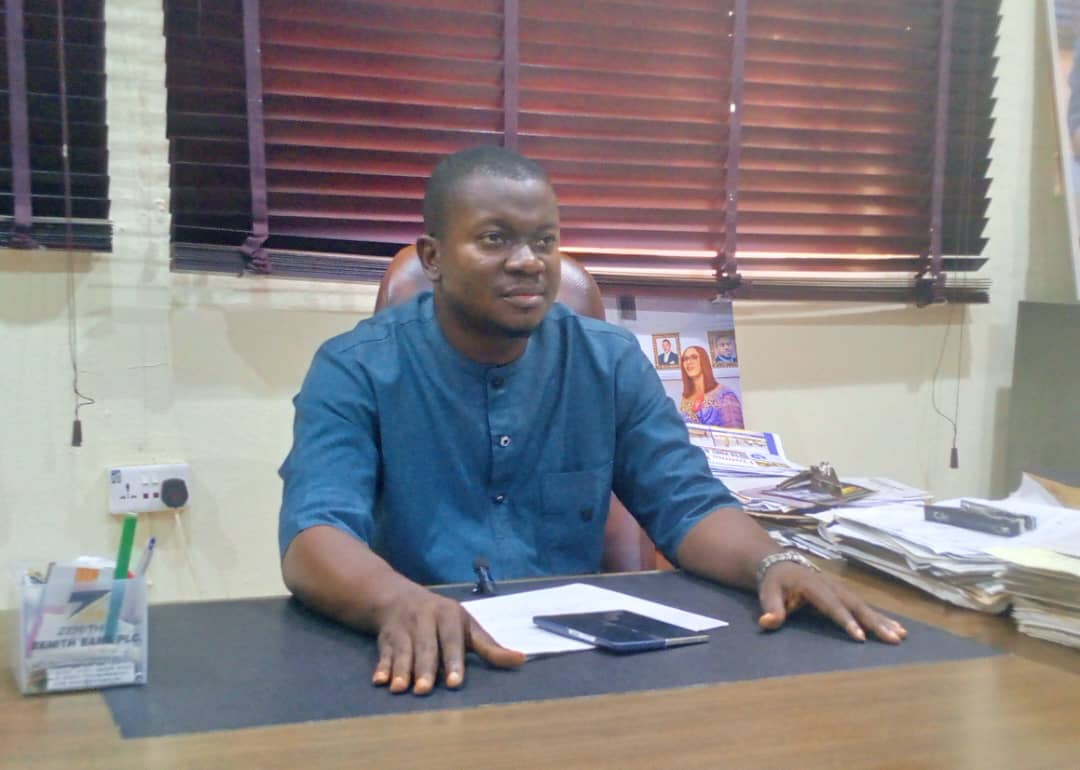In response to the recent electricity tariff hike and the surging cost of fuel, Nigeria’s premium electricity consumers, known as Band A customers, are increasingly turning to solar power as a sustainable alternative.
The shift comes after a significant increase in electricity costs, which have reportedly risen by over 300 per cent since April due to the government’s cessation of subsidies for electricity in Band A feeders.
The Nigerian Electricity Regulatory Commission (NERC) adjusted the tariff for Band A consumers to N225 per kilowatt-hour in April from the previous rate of N68, although a slight reduction to N206.80/kWh was implemented in May.
Despite this reduction, calls from organized labour and other stakeholders to revert the tariff to the initial N68/kWh have continued, fueled by widespread discontent among consumers.
Minister of Power, Adebayo Adelabu, maintains that reversing the tariff is no longer feasible, as it would plunge the nation into “perpetual darkness.” Adelabu argues that the tariff adjustment is necessary to attract investors and bring liquidity to the power sector, a stance not universally accepted.
Critics point out that the tariff increase disproportionately affects not only the affluent but also many low-income earners living within Band A feeder locations, including pensioners, civil servants, and small business owners.
The increased costs have forced some consumers to drastically reduce their electricity usage, which has impacted their overall quality of life.
Oduro Oladunni, a resident affected by the hike, shared his predicament, stating, “Before the increase, my household’s monthly electricity expense was around N60,000, but now we’ve had to pay N129,000 in April alone. We now limit our electricity use to late at night to manage costs, which has forced us to cut back on essentials like food.”
Similarly, Adesayo Sulaimon lamented the reduction in electricity affordability, stating, “What previously cost N12,000 now requires N40,000, significantly shortening the duration our units last.”
The tariff hike has not only affected individual consumers but has also led to broader dissatisfaction among various economic sectors.
In response, Joe Ajaero, President of the Nigerian Labour Congress, led a protest at the NERC head office in Abuja, demanding transparency about the power plants to be developed and calling for the abolition of taxes that exacerbate the financial strain on citizens.
In the face of these challenges, many Band A customers are reconsidering their reliance on grid electricity.
The move towards solar energy is seen not just as a cost-effective measure but as a necessity to maintain stable and affordable power.
Social media commentator Morris Monye highlighted this trend, stating, “I don leave una. Solar is the best way to go. No more Band A.
“N65,000 now gives me access to 288 kWh instead of 812 kWh. I have opted for solar and invested in 20 panels and eight batteries for about N6m.”
The surge in solar adoption reflects a critical pivot in how Nigerians are dealing with energy costs.
Angel Thomas, another convert to solar, shared that a N2m investment in solar panels significantly improved the power supply for his mother’s household essentials.
Tariff Hike: Band A Customers Abandoning Pre-Paid Meters For Solar




